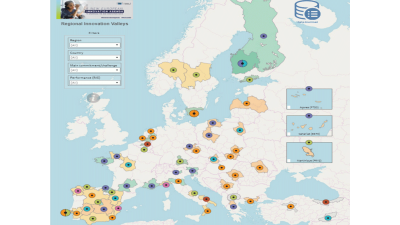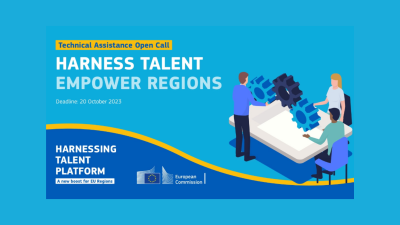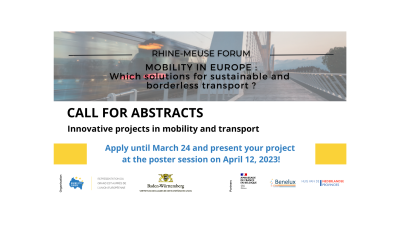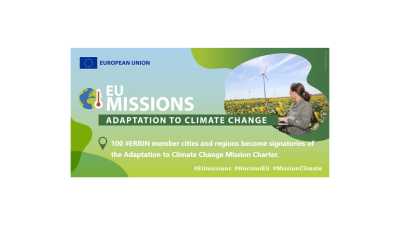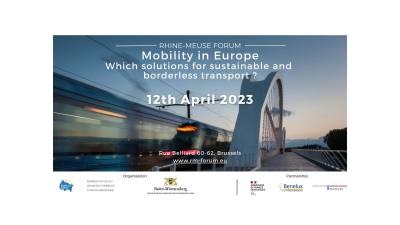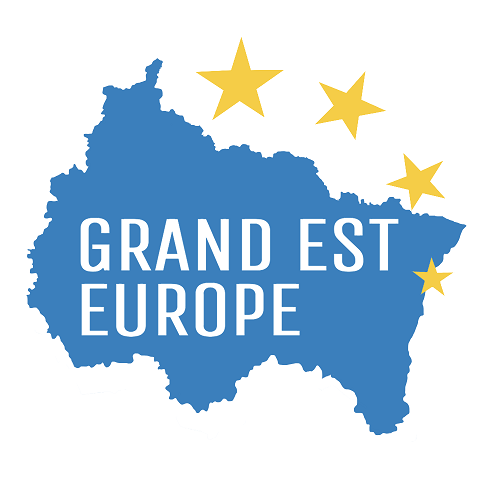
Created in 2016 following the merger of the former regions of Alsace, Champagne-Ardenne and Lorraine, the Grand Est region is characterised by its European identity, the result of its history and geography, and the fact that it hosts European institutions in Strasbourg. It stands out from other regions for its particularly dynamic economic ecosystem in the following sectors: mobility, ecological transition, health, bio-economy, materials, etc.
As the representation of Grand Est to the EU, Grand Est-Europe acts as the bridge between the region and the European institutions. This regional collective works to promote a stronger, more coherent European action with its members, as well as to develop European cooperation.
Contact detail
-
Head of office
-
Contact person
-
Brussels Office Address
rue du Luxembourg 15
1000 Brussels
Belgium

S3 Strategy
By implementing its smart specialisation strategy, the Grand Est Region wants to offer companies new partnership opportunities contributing to the three major transitions that the territory is experiencing: the industrial, ecological and digital transitions. By orienting its smart specialisation strategy more specifically towards the digital transition, the Grand Est Region aims to support the digital transformation of companies, organisations and relations with citizens, through support for the acquisition of digital skills (AI, Big Data, Cloud, cybersecurity ...). For 2021-2027, S3 of Grand Est will support projects and investments prioritised around the three thematic sectors of excellence of the territory: Industry, Health and Bioeconomy. All initiatives must also meet the following eight sectoral priorities: technologies and equipment for industrial transition, Recycling and functionalisation of materials for industry and for construction, medical biotechnologies, digital tools for health, medical devices, molecules and bio-based materials, tools and systems for sustainable and smart management of natural resources, energy systems and their performance.
Latest Tweets
Latest Tweets
Latest Updates
- By Marie CLOTTEAU
Regional Innovation Valleys - Bioeconomy
Grand Est Region in France is looking for other Regional Innovation Valleys who have received their labels for bioeconomy, circular economy or agriculture.
- By Astrid Hannes
Open call for technical assistance: Harnessing talent, empower regions
Until 20 October 2023, 46 regions that have been identified as facing a sharp working-age population decline, in combination with a low and stagnating share of people with tertiary education and brain drain can apply for an open call for technical assistance under the Talent Booster Mechanism.
- By Lucy Hammond
Rhine-Meuse Forum 2023: Call for abstracts Innovative projects in mobility and transport
Grand Est-Europe and the Representation of the State of Baden-Württemberg to the European Union are launching a call for abstracts for innovative projects in mobility and transports, in the framework of the Rhine-Meuse Forum to be held on 12 April 2023 in Brussels. A scientific poster session will offer the opportunity to project stakeholders to present their territorial or technological innovation actions carried out in the transport and mobility sectors. The call for papers is open until March 24, 2023.
- By Lucy Hammond
100 ERRIN member cities and regions become signatories of the EU Mission for Adaptation to Climate Change Charter
During the recent European Research and Innovation Days, the European Commission announced the 2nd wave of signatories to the EU Mission for Adaptation to Climate Change Charter, with a further 100 regions and local authorities signing. Of the now 215 signatories, a staggering 100 are associated with ERRIN member cities and regions.
- By Valentin Ceretto
Raw materials at stake
Following the Action Plan on Critical Raw Materials of the European Commission, which develops value chains for EU industrial ecosystems to reduce dependency through resource circularity and innovation, the University of Lorraine, along with European and socioeconomics stakeholders, will exchange on three key issues: taking stock of the substitution issues which have geopolitical consequences, of recycling, which is set to develop considerably, and finally of the training and skills needs at European level in these areas. The event will take place on 17 April 8:30-16:00
- By Lucy Hammond
Forum Rhine-Meuse "Mobility in Europe: Which solutions to a sustainable and borderless transport?"
Co-organised by Grand Est-Europe and the Representation of the State of Baden-Württemberg to the EU, the Rhine-Meuse Forum 2023: "Mobility in Europe: Which solutions for sustainable and borderless transport" is taking place on 12 April.
